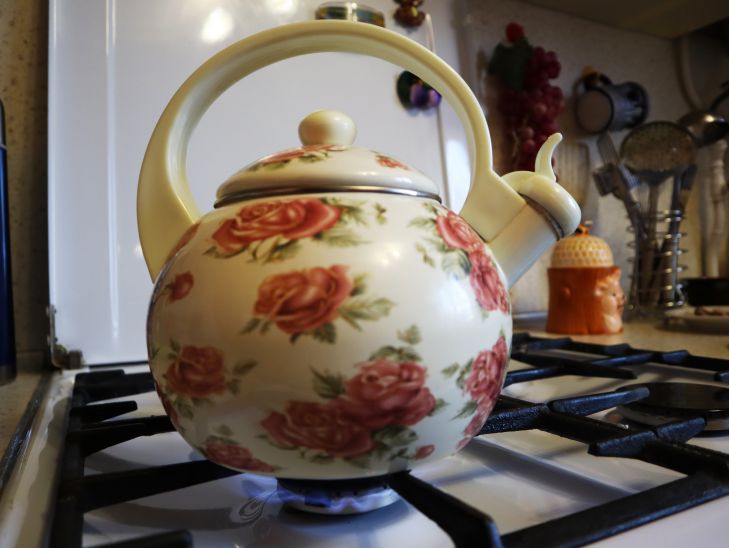Reboiling water is considered a common practice in many homes.
However, scientists warn of serious changes occurring in the composition of water with each subsequent heating to boiling point.
Chemical processes during boiling
When water is heated, it undergoes many changes at the molecular level.
Primary boiling removes dissolved gases and kills most microorganisms.
Reheating results in an increase in the concentration of various substances originally present in the water.

Concentration of minerals
The boiling process is accompanied by the evaporation of clean water, as a result of which mineral substances remain in the kettle.
Each repeated boiling increases the concentration of calcium, magnesium and other elements. Increased mineral content can negatively affect the functioning of the kidneys and other organs.
Formation of harmful compounds
Repeated boiling promotes the formation of potentially dangerous chemical compounds. Nitrates present in tap water can turn into nitrites when reheated.
Chlorine used to disinfect water forms toxic organochlorine compounds.
Impact on the quality of drinks
Tea or coffee prepared with water that has been boiled many times acquires an unpleasant taste.
Changing the mineral composition of water affects the extraction of flavors and aromas from tea leaves or coffee beans. Professional baristas recommend using freshly boiled water to prepare drinks.
Limescale and health
Reboiling causes scale to form on the walls of the kettle. Scale contains hardness salts and may include various impurities.
Scale particles that get into the drink can cause digestive problems and provoke the formation of kidney stones.
Change in water structure
Scientific research shows changes in the structure of water when heated repeatedly.
Clusters of water molecules are destroyed and rebuilt, which can affect the body's absorption of water. The biological value of such water is significantly reduced.
Energy efficiency
Reboiling water leads to unnecessary energy consumption. Heating cooled water requires additional energy consumption, which increases electricity or gas consumption.
Rational use of resources involves heating only the required amount of fresh water.
Proper use of water
The optimal solution would be to heat the exact amount of water required for a particular case.
Modern teapots have graduations that allow you to measure out the required volume. It is recommended to use the cooled water for watering plants or other household needs.
Alternative cleaning methods
Modern technologies offer many ways to obtain high-quality drinking water.
Filters of various types, reverse osmosis systems, ultraviolet sterilization allow you to get safe water without the need for boiling. Regular maintenance of cleaning systems guarantees constant water quality.








